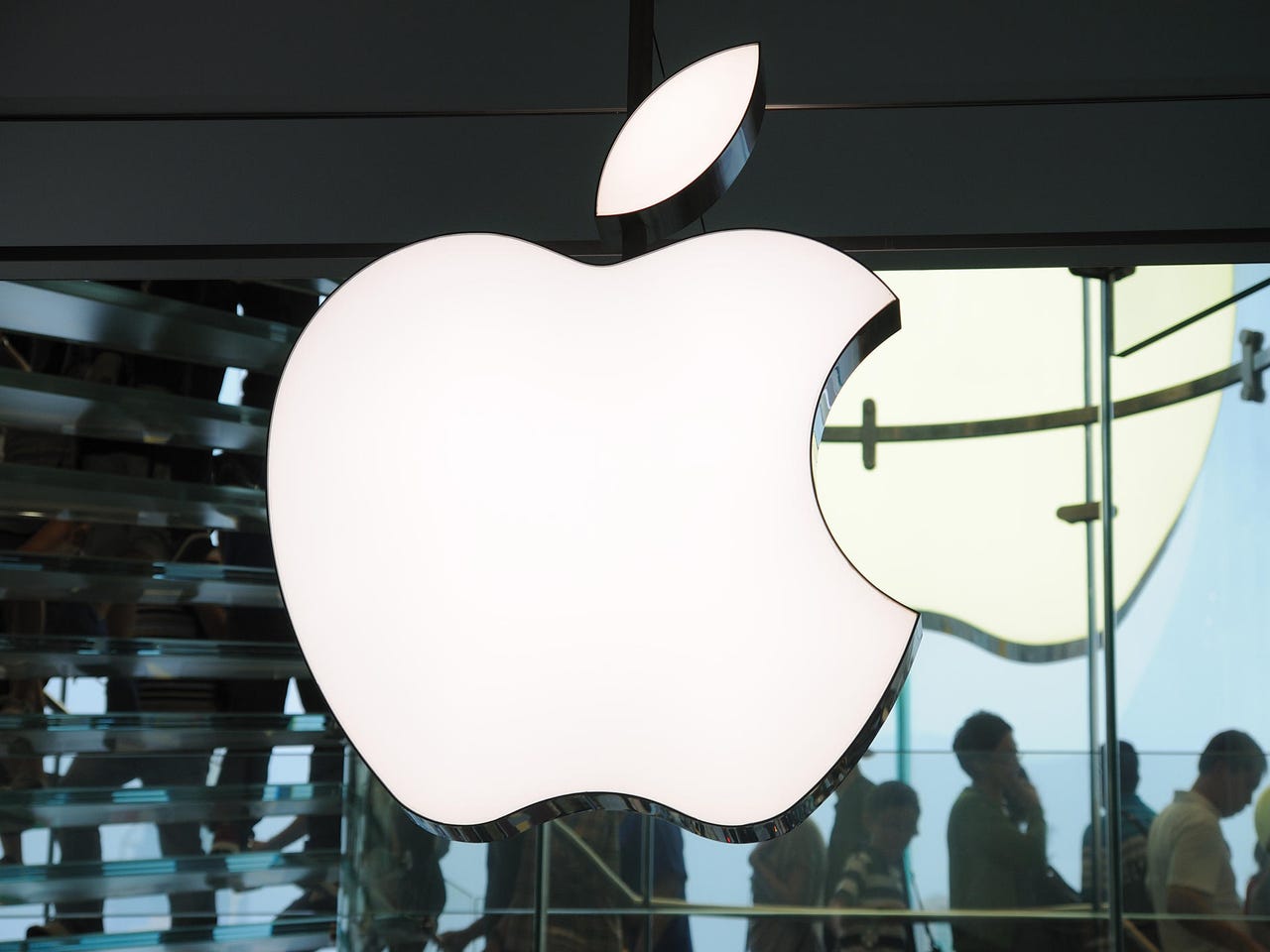'ZDNET Recommends': What exactly does it mean?
ZDNET's recommendations are based on many hours of testing, research, and comparison shopping. We gather data from the best available sources, including vendor and retailer listings as well as other relevant and independent reviews sites. And we pore over customer reviews to find out what matters to real people who already own and use the products and services we’re assessing.
When you click through from our site to a retailer and buy a product or service, we may earn affiliate commissions. This helps support our work, but does not affect what we cover or how, and it does not affect the price you pay. Neither ZDNET nor the author are compensated for these independent reviews. Indeed, we follow strict guidelines that ensure our editorial content is never influenced by advertisers.
ZDNET's editorial team writes on behalf of you, our reader. Our goal is to deliver the most accurate information and the most knowledgeable advice possible in order to help you make smarter buying decisions on tech gear and a wide array of products and services. Our editors thoroughly review and fact-check every article to ensure that our content meets the highest standards. If we have made an error or published misleading information, we will correct or clarify the article. If you see inaccuracies in our content, please report the mistake via this form.
Apple has changed its high-end Mac Pro hardware plans, says report


It's been two years since Apple said its transition from Intel to its own Arm-based silicon would be complete, but the high-end Mac Pro still hasn't moved off Intel.
As ZDNET's David Gewirtz recently noted, the 2019 Mac Pro desktop is now the last Intel-only machine in Apple's line-up. It's questionable how many people would buy it, but it's also the only model that supports up to 1.5TB RAM with expansion slots.
The 2022 new M1 Max or M1 Ultra Mac Studio offers up to 128GB of RAM while the 2021 Mac Mini features up to 16GB of RAM -- and neither has expansion slots.
Apple
But now Bloomberg's Mark Gurman reports the Mac Pro has been held up by feature changes and he suggests there's a change in Apple's plans for its high-end processors -- the M2 Ultra and a double-M2 Ultra, which he refers to as the M2 Extreme.
The M2 Ultra chip would have 24 CPU cores, 76 graphics cores, and support up to 192 GB of RAM. Gurman reports Apple has likely scrapped the M2 Extreme, which would have come with 48 CPU cores and 152 graphics cores.
And he estimates the M2 Extreme version of the Mac Pro would likely start from at least $10,000, making it an extremely niche product and one that wouldn't be worth the resources to build. The current Intel-based Mac Pro starts at $5,999 before configuration.
"An M2 Extreme chip would have doubled that to 48 CPU cores and 152 graphics cores. But here's the bad news: The company has likely scrapped that higher-end configuration, which may disappoint Apple's most demanding users -- the photographers, editors and programmers who prize that kind of computing power," says Gurman.
He reckons the Mac Pro will ship with an M2 Ultra chip and will retain the existing model's expandability for upgrading memory, storage, and other components.